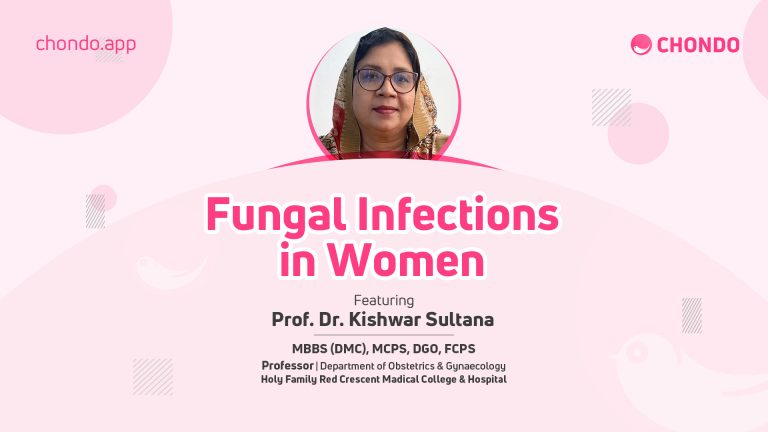PCOS 101
We hear the term PCOS a lot nowadays. When someone is having issues with her period, the first question is always “do you have PCOS?”
You must be aware that it is a disorder that makes periods irregular or stops them altogether. But what is PCOS?
PCOS stands for polycystic ovary syndrome. The reason behind this sudden hormonal imbalance in a woman’s body has not been diagnosed.
However, there are some triggers, such as obesity which puts people at a greater risk. PCOS can be passed on genetically as well.
When someone has too much androgen and insulin, PCOS symptoms start showing up.
It is not an easy disease to keep up with. PCOS not only hampers your reproductive health, but it has numerous effects on your body too.
Women with PCOS have irregular to no periods meaning their ovulation does not take place properly. The ovaries cannot produce mature eggs and instead release follicles.
Since androgen is released excessively, hirsutism and acne are common. While body and facial hair become thick, head hair becomes thinner and shows signs of baldness.
Women with PCOS are at greater risk of type 2 diabetes. Excessive weight increases the chance of diabetes and infertility.
Depression and anxiety are also common with such patients. They are also prone to heart diseases, miscarrying, and sleeping issues.
Unfortunately, there is still no proper medication for it. Women who don’t want to conceive take birth control pills to manage the symptoms.
Treatment for this disease includes weight loss and a healthy diet. Losing weight helps to lessen the pressure on the body.
This disease significantly decreases the chance of conceiving. However, it is not the end of all. There are many women with this disease who were able to have children.







